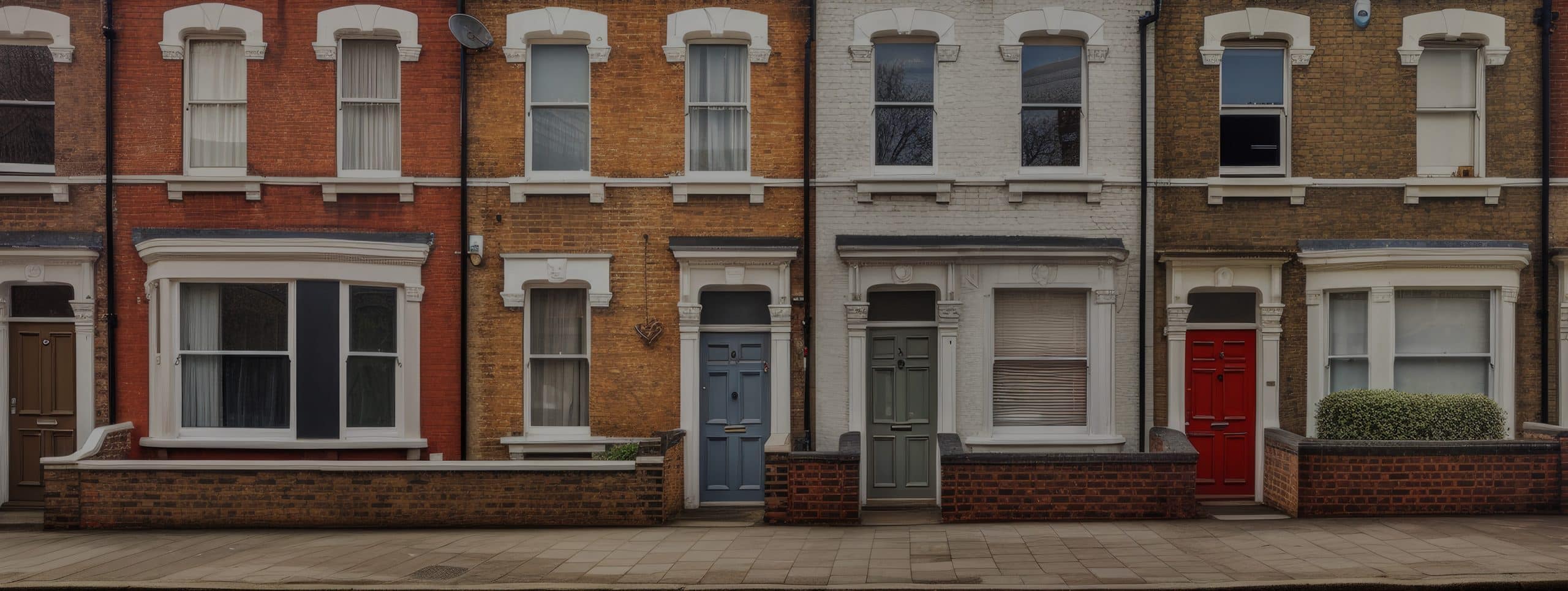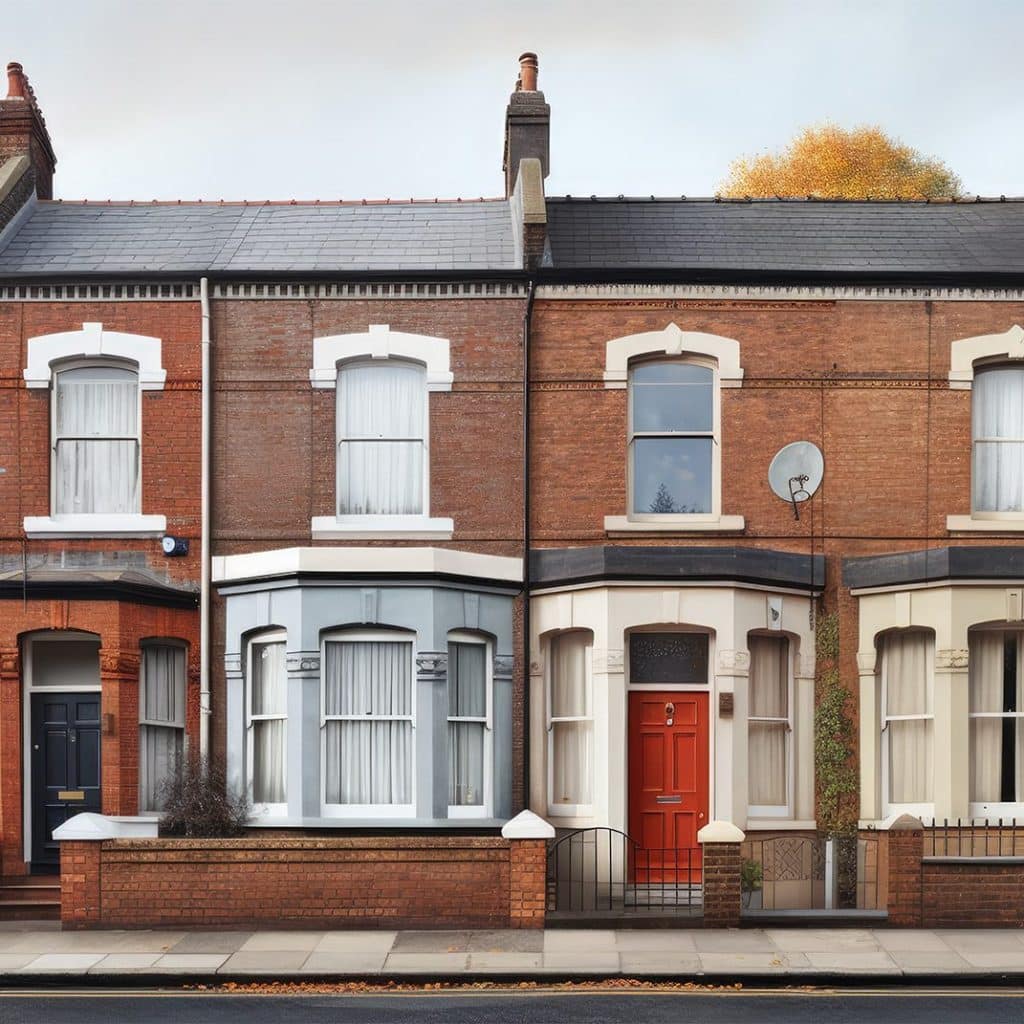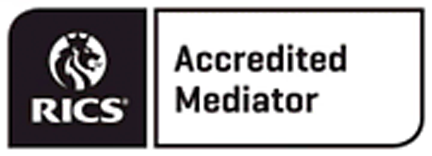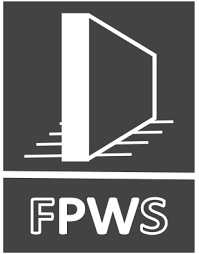
About us

We have specialised in boundary disputes since 2008. Having witnessed a significant rise in disputes between neighbours and construction specialists, we decided that seeking and supporting Alternative Dispute Resolution (ADR) was crucial for harmoniously resolving boundary and land disputes, ‘right of light’, party wall matters and construction-related conflicts.
Commonly, parties disagree over specific points that may or may not be fundamental to the underlying issues. Identifying the causes of the disagreement frequently helps both parties find a way to reconcile their differences while aligning with their individual goals and perceptions. Empowering the parties to control the dispute and its resolution is our key objective.
Notably, of over 100 boundary disputes we have advised on, they have yet to be taken to court. We now wish to offer our services as mediators to anyone undergoing a disputed matter within our field of expertise.
Following a personal interest and investment in ADR, Victoria Dewey Bruce has qualified as a mediator with the Royal institution of Chartered Surveyors (RICS). After resolving her own property-based dispute resolution through a mediation course, she now appears on the RICS panel of mediators as an expert in her field. Victoria is also on the Panel of Mediators for the Party Wall Mediation Scheme.
Our passion is to empower people to find unique and alternative ways in which they may be able to move forward from a dispute, enabling them to ‘live’ after the dispute fairly and uncompromisingly. The reality of litigation these days means that any dispute will likely take several months of preparation, then a wait of at least 15 to 18 months for a court hearing. Resulting in an emotional tie and cost that cannot always be allowed, communicated, or calculated. Meditation provides a resolution in a much quicker and more affordable timescale, usually six to eight weeks. Furthermore, suppose either party appoints solicitors or barristers to represent them in court. In that case, considerable legal costs will inevitably be incurred (usually at least £50,000, although it can be more depending on the claim). The very real consideration is that the losing party must pay his and most of his opponent’s costs. There is also the consideration that even the appeal winner will usually have some level of costs that are not recoverable. Some parties may decide to represent or defend themselves, in which case, mediation may have been a better option. Although each party may represent itself, there are channels specifically set up to streamline parties away from proceeding and to relative conclusions and agreements.
It is worth noting that it is a requirement of the Civil Procedure Rules that the court urges litigants to seek to settle their disputes by ADR and, in particular, by mediation, which is becoming a common direction. By exploring mediation early on, cost, time and emotional well-being can be massively favoured. There is certainly no negative outcome of exploring mediation as a form of dispute resolution. With the right mediator well-versed in your area of dispute, you can almost guarantee a more favourable overview of your case before entering into proceedings.
To discuss the specifics of your case and if Mediation is the appropriate ADR for you to consider, please contact us directly on 0800 311 2077.





